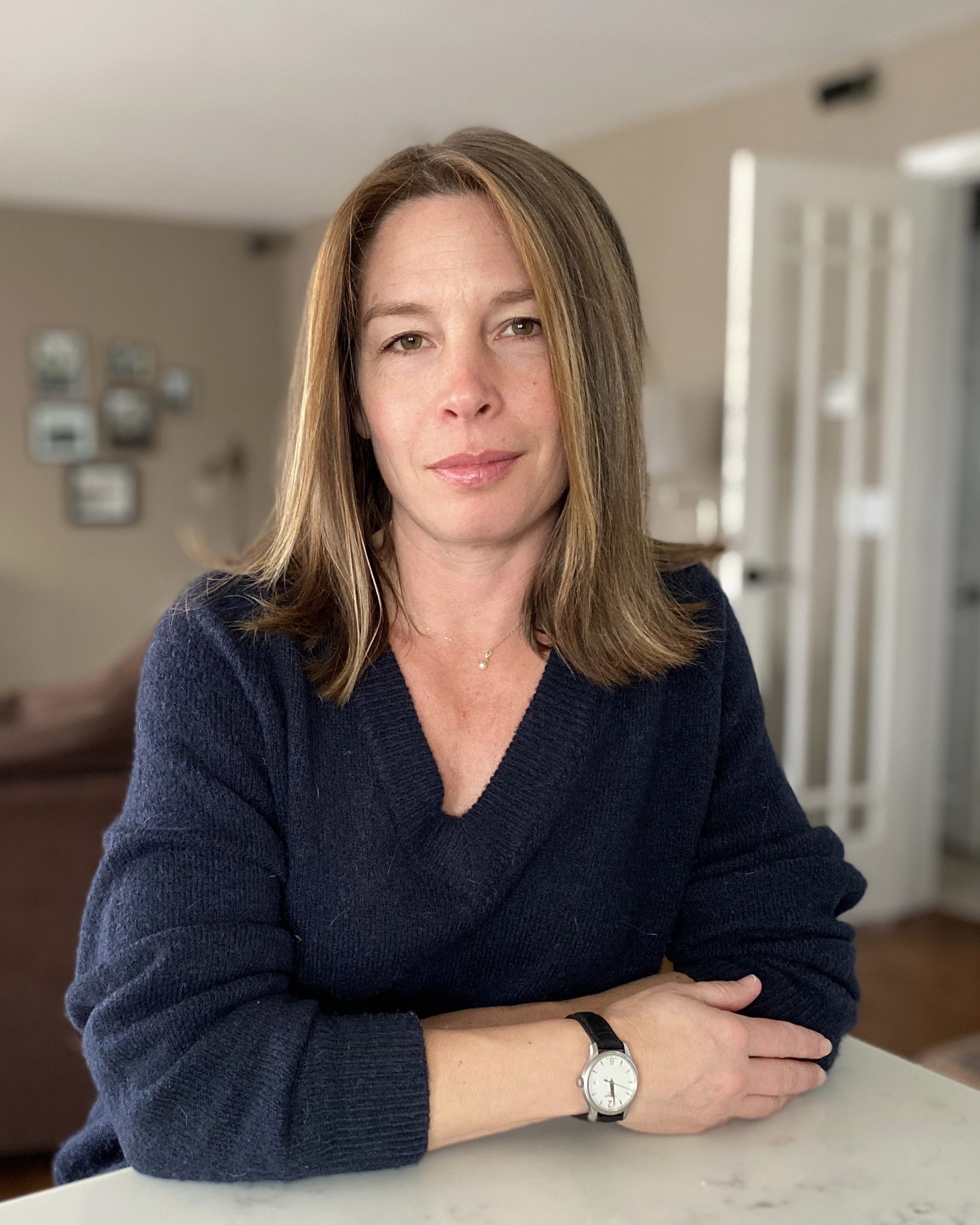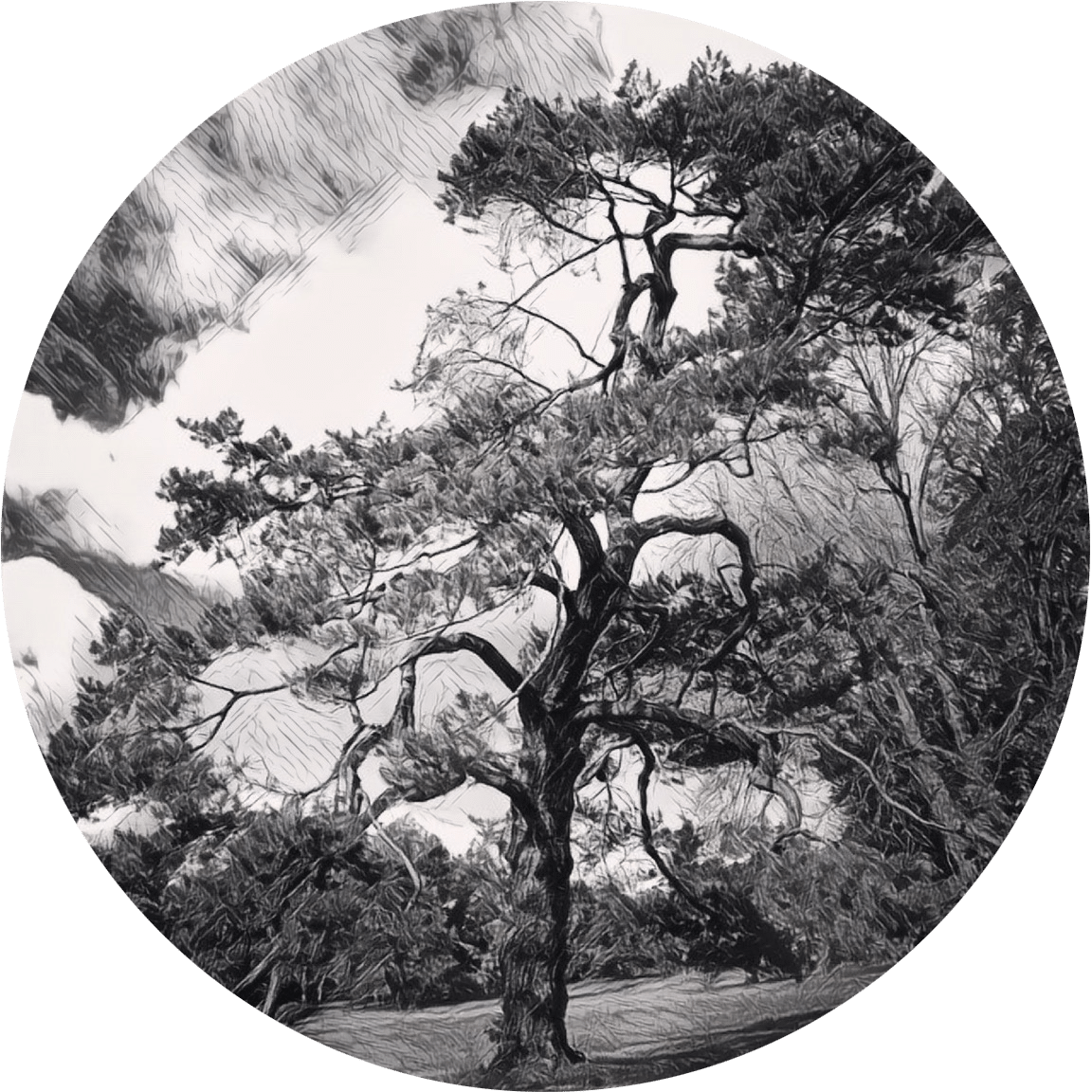A few years ago my 48 year-old husband got the job he’d always wanted at one of the best companies he could work for. I’m happy he achieved his dream, but I also feel bad for him.
I feel bad for most people who realize their Big Dream and still have 30 or more years to live.
It’s probably misplaced sympathy, and I could be projecting, but any time I read the laments of people in their 20s or 30s who feel left behind by friends of theirs who are doing what they always wanted to do, I can’t help thinking it’s the Achievement Unlocked friends who should be envious.
After all, I have seen my husband, inarguably living his dream, enter quiet funks or have episodes of frantic existential angst as the doom-cloud swirling around him whispered, “Now what?”
In the movie Moonlight and Valentino, Kathleen Turner’s character says to her difficult-to-bond-with step-daughter (played by Gwyneth Paltrow), “It’s the possibilities that really get my juices flowing. Do you know the best moment of a kiss for me? Right before the lips touch.”
For as long I’ve been able to have crushes on boys, I’ve been a romantic. It started at five years old with my attraction to Matty, who lived across the street and was in my Kindergarten and first grade classes. At the beginning of second grade, it was Lance, but we moved to Germany a couple weeks in, where I quickly developed a short crush on Josh before switching my affection to blue-eyed, dark haired Mike, and then, in middle school, to another Matt (he played sax), and then to Chris, then David, then Tyler, and then a couple of my step-brother’s friends (but one at a time, of course).
Whatever the year, there was a boy I liked, and whatever it was that caused my fixation also brought with it such exhilaratingly powerful rushes of turmoil that at almost 50 I can still remember all of their names, first and last.
If they made eye contact, my lungs would freeze and my face would erupt in flames. If they ignored me, my day would be ruined. Good or bad, there was always the heart-scrambling nature of longing until I either moved on to someone new or learned they were interested in me. (As soon as they were interested, I wasn’t. The exciting part was over.)
But the string of unrealized crushes didn’t last forever. Eventually, there was a boyfriend, my first, but the excitement didn’t end there, because there was still a first kiss to be had. Kissing was something I’d always been curious about and fascinated by. As a little girl, I would openly stare at kissing couples, not with disgust but with curiosity and awe. It was also as monumentally scary as it was buzzingly fun to anticipate.
I remember everything about that kiss. I was fourteen. He was seventeen. He wore a brown leather jacket, and I can still smell the crisp, sweet scent of Lagerfeld. The longest moment of the night — or possibly of my life — happened while I was tilting my chin up and he was tilting his down. I remember the cool of his lips that winter night, and the brief warmth of our tentatively touching tongues before I nervously pulled away.
There are only so many truly brand new and intoxicatingly exciting experiences in life that are so potent you’ll remember the sensory details decades later. I think they hit us one after the other until about the age of thirty: first kiss, first love, first rebellion, first breakup, first dangers, first independence, first acceptance…
But after those sparkle-pop years of squealing and blushing and slamming doors and crying and brooding and jumping up and down, life, as John Mellencamp so succinctly observed, “goes on — long after the thrill of living is gone.”
My former step-mother told me, after I’d complained about having to wait so long to escape/finish high school, that I would look back on my school years as the best time in my life. “Best” as we usually understand it (the best! woo! bubble gum and poh-pular and queen of all the dances!) isn’t the word I would use for my childhood-to-teens, but — and it took a long time for me to understand this — in a different way, she was right.
It’s hard to know how exhilarating that roller coaster of younger-self thrills and tragedies really is until years into the comparative emotional flatline of thirty and beyond. The missing excitement builds…builds…with every pretty average day, not overtly but somewhere underneath, until it runs out of space in its subconscious hiding place and manifests as a mentally gloomy day best explained as, “I just want something to happen.”
I understand there’s still fun to be had as we meander along. New or even higher-level acceptances, first kisses with new people, moves from here to there, additional breakups. Dinners with friends. Road trips.
But the problem is, none of that stuff is thrilling. It isn’t longed for in the way of longing for freedom, love, and independence. Moving from one place to another can’t compete with moving out of the parent’s house for the first time. Kissing someone new is fantastic, but it’s unlikely to dig into long term memory like a very first kiss. At some point, most things in life become a little like a sequel to a truly great movie. No matter how good the sequel is, it never recreates the exaltation of the initial viewing.
Maybe it’s a personality problem, or maybe it’s just the nature of a romantic to crave the wrenching mix of giddiness and devastation that goes with longing.
The last torturously magnificent and magnificently torturous longing I knew, outside of my current and painful and sometimes bitter longing to achieve my dream, was for my husband. We dated for a month in high school, graduated, and kept in touch for eleven deliciously painful years of unrequited-love hell, even falling into a cliché bad-timing story — one of us always single while the other wasn’t.
Year after year, even while committed to someone else, I knew he was the person I was supposed to end up with and would fantasize about our someday-romance. I was sure and scared that it wouldn’t happen until we were 90.
I was more afraid of the possibility of it happening right away.
I wanted it, yes. No one else would do for me, in that real way. It had to be him. But, someday. It didn’t have to be now, did it? What would be the fun of a regular relationship with everyday routines, of not feeling so lovesick after a brief encounter that I’d have brain fog for a week? Wanting to be with him, imagining someday and fearing never, made every day richer with, frankly, drama: heartache and hopefulness wrapped around the fuzzy glow of fantasy, of the unknown (I had never been with a True Love!).
Happily we got together sixty years ahead of schedule, but I must also say that as solid and deep as the love is, the stomach-twisting yearning, pining, wishing, and dreading is over. I make up for that missing torment in dreams I have of him. In these dreams, he’s either fallen out of love with me, or I’m married to someone else and thinking it’s been so long since I’ve talked to him, I should really call…
In waking life, the last longing I have left, the final unknown experience with the power to electrify and scare and routinely wreck, is this dream I’ve been agonizing over for almost two decades. It doesn’t matter what the dream is. What does matter is that every effort to achieve it prompts the fantasy of “This could be the time!” and that when, again, it isn’t the time, I am crushed.
But a week later, something is possible again because I’ve done something well, something that might work, and I’m jittery with “oh, god” and “what if!?” and “it could happen” and
*crash*
It’s wonderful.
Some may argue that my relief to be a failure is so-called. That I’m in denial, grasping at anything to make myself feel better. That achieving my dream now is what I really want — getting to that glorious peak and following up with the drudgery of trying to maintain, maintain by doing essentially the same thing I had been doing for twenty years but for a diminished emotional reward.
Fun…?
The truth is, I do want it now. I want it bad. And that’s exactly why I’m pissed off and grateful that I don’t have it.

Kristen Tsetsi is the author of the post-Roe v. Wade novel The Age of the Child, called “scathing social commentary” and “a novel for right now.” She is also the author of the novels The Year of Dan Palace and Pretty Much True (studied in Dr. Owen W. Gilman, Jr.’s The Hell of War Comes Home: Imaginative Texts from the Conflicts in Afghanistan and Iraq). Kristen’s interview series at JaneFriedman.com offers behind-the-scenes insights into all things writing and publishing.



